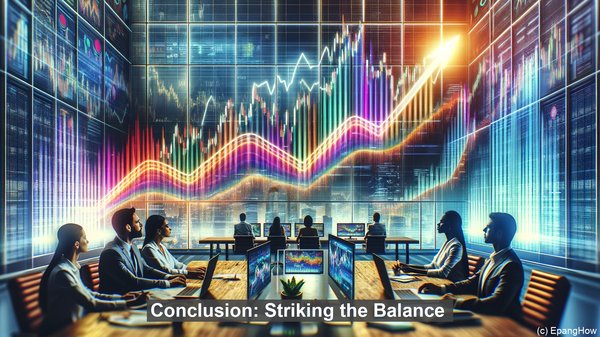Introduction: The Dynamic Nature of Income
Hello everyone! Income is the lifeblood of our financial well-being. However, it’s important to recognize that not all income is the same. In fact, income can be broadly categorized into two types: permanent and transitory. Today, we’ll explore the nuances of these two categories, their implications, and how understanding them can help us make better financial decisions.
Defining Permanent Income
Permanent income, as the name suggests, refers to the income that is expected to persist over the long term. It is the stable, predictable component of our earnings. Think of it as the baseline income that we can rely on, regardless of short-term fluctuations. This can include salaries, pensions, or even stable investment returns.

Characteristics of Permanent Income
Permanent income exhibits a few key characteristics. Firstly, it is relatively stable. While it may experience minor variations, it generally follows a consistent trend. Secondly, it is often tied to our skills, education, or long-term investments. For example, a doctor’s income can be considered permanent as it is linked to their expertise. Lastly, permanent income is less affected by external factors such as economic downturns or market fluctuations.
Understanding Transitory Income
In contrast to permanent income, transitory income is more short-term and variable in nature. It can be thought of as the ‘extra’ income that comes our way sporadically. This can include bonuses, commissions, or even one-time windfalls like a tax refund or an inheritance. Transitory income is often less predictable and can vary significantly from one period to another.
The Role of Transitory Income
While transitory income may not be as stable as its permanent counterpart, it still plays a crucial role in our financial lives. It can provide us with opportunities for savings, investments, or even indulgences. However, it’s important to recognize that relying too heavily on transitory income for day-to-day expenses can lead to financial instability. Hence, it’s often advisable to view transitory income as a supplement to our permanent income, rather than a core component.

Implications for Financial Planning
Understanding the difference between permanent and transitory income is vital when it comes to financial planning. By recognizing the stability of our permanent income, we can better allocate it towards long-term goals such as retirement or education. On the other hand, transitory income can be earmarked for more immediate objectives or even saved for future contingencies. This segregation ensures a balanced approach to our finances, reducing the risk of over-reliance on uncertain income sources.
